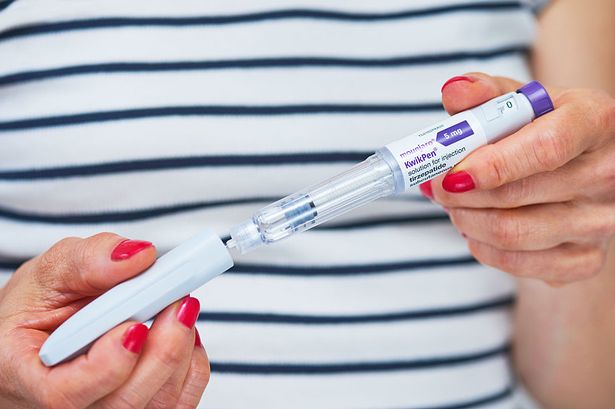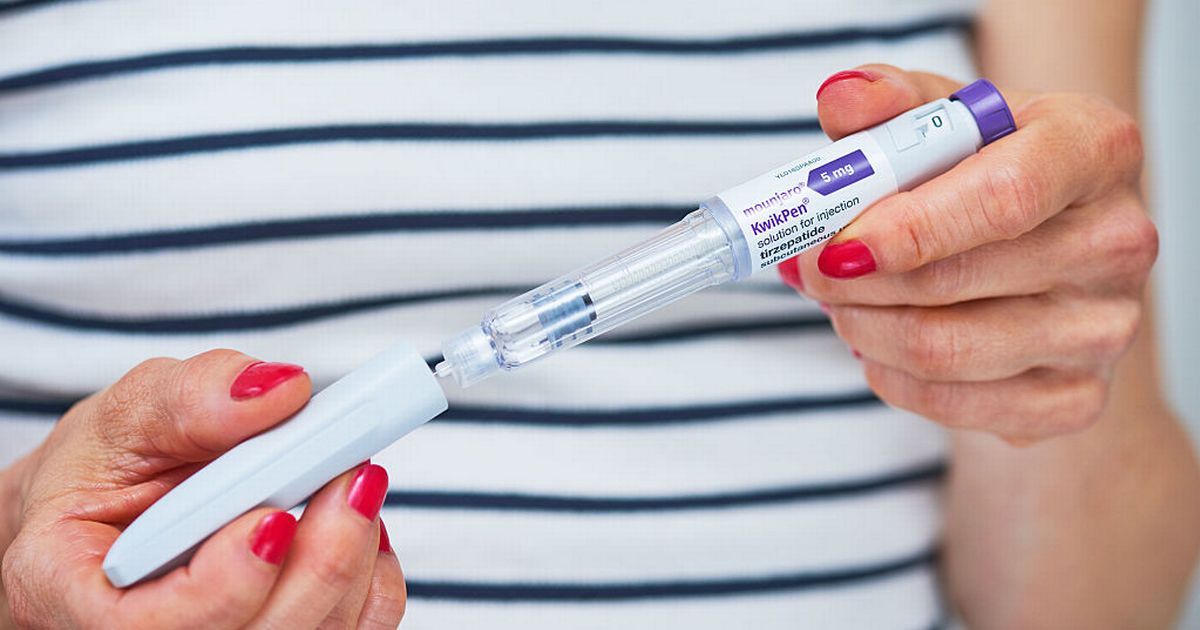It was previously only accessible to patients through a special weight loss service
07:26, 05 Sep 2025Updated 07:26, 05 Sep 2025
 A Mounjaro pen(Image: Peter Dazeley via Getty Images)
A Mounjaro pen(Image: Peter Dazeley via Getty Images)
Thousands of people who could benefit from the weight loss jab Mounjaro on the NHS are missing out due to funding issues, figures suggest. NHS England has put in place a phased rollout of the drug over a period of up to 12 years, but the data suggests even patients who are eligible now cannot get the drug.
According to data gathered by the British Medical Journal (BMJ), fewer than half (18 out of 42) of commissioning bodies across England have started prescribing the drug on the NHS in line with health service guidance. The vast majority of patients on Mounjaro currently pay for it privately.
According to the BMJ, few integrated care boards (ICBs) have been allocated enough NHS funding for patients who could be treated on the health service. It said only nine had the funding needed to cover at least 70% of their eligible patients.
In June, it was announced some 220,000 people with the “greatest need” are expected to receive Mounjaro, also known as tirzepatide and made by Lilly, through the NHS over the next three years.
Tirzepatide, or Mounjaro, is an antidiabetic drug which lowers blood sugar levels and slows down how quickly food is digested. It makes you feel fuller for longer and therefore less hungry.
If the jab is recommended by a healthcare professional, those using it will need to eat a balanced, reduced-calorie diet and to exercise regularly while taking it, according to the NHS website.
In the first year of the programme, the drug will be offered to people with a body mass index (BMI) score of more than 40 who have at least four other health problems linked to obesity, such as type 2 diabetes, high blood pressure, heart disease and obstructive sleep apnoea.
It was previously only accessible to patients through a special weight loss service, to severely obese people who also suffer from a range of other health problems.
Estimates suggest around 1.5 million people in the UK are already taking weight loss drugs, which may have been prescribed through specialist weight loss services or via private prescription.
The drug is usually delivered through a self-administered weekly injection which a doctor or nurse will show patients how to use, the NHS website says.
Mounjaro is not recommended for those who are pregnant or planning to get pregnant, breastfeeding or have certain health conditions, according to the NHS.
Potential side effects of tirzepatide include nausea, vomiting, diarrhoea and constipation, according to the National Institute for Health and Care Excellence.
Dr Jonathan Hazlehurst, consultant endocrinologist and academic clinical lecturer at the University of Birmingham, said that although the central funding from NHS England was “extremely welcome” the rollout had so far been “significantly underfunded”.
He told the BMJ: “That clearly drives up distress and uncertainty both in patients and primary care and runs the risk of inequity in access to treatment, and that’s my biggest concern.
“NHS England is talking about treating 220,000 patients in the first three years, but we can see that the initial funding for year one clearly only covers approximately 10% of that.”
He emphasised that the lack of communication to the public about the difficulty in rolling out and funding Mounjaro was a major problem.

